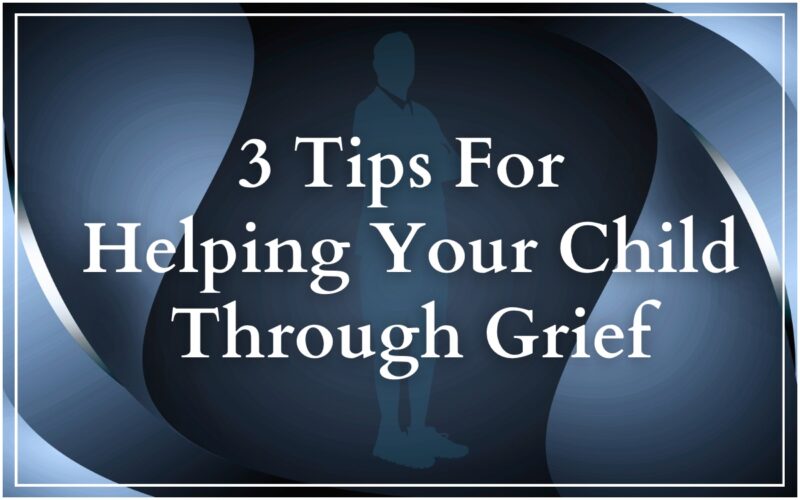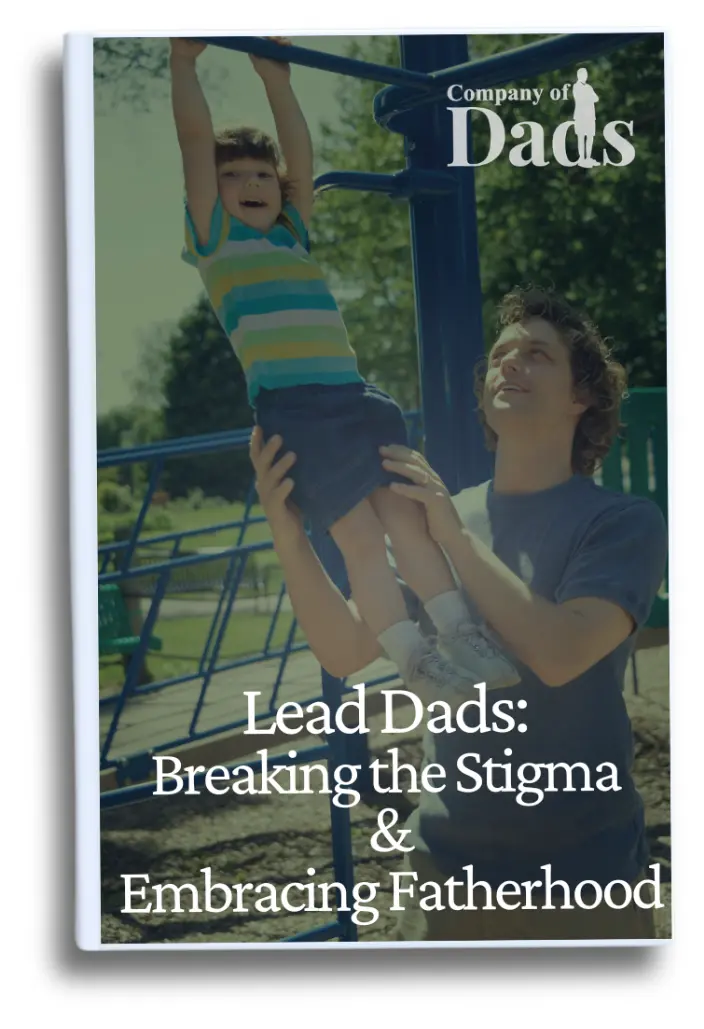Grief is a difficult emotion for anyone to navigate.
When our children experience grief, we may feel unsure about how to offer the right support. Even in cases where we may be experiencing it along-side them, we know that we are more equipped to process the emotion than they are.
Losing a loved one—whether it’s a family member, friend, or even a pet—can be particularly hard for children. As a parent, it’s important to provide comfort, understanding, and guidance as your child processes their grief. Here are some steps to help your child through this challenging time.
1. Talking About the Loss
Nearly 1 in 20 children in the U.S. will experience the death of a parent or loved-one by the age of 16. Children often struggle to express their feelings, so creating an open and honest space for them to talk about the loss is crucial. You must encourage your child to ask questions and share their thoughts, even if they don’t seem ready to do so immediately. Use age-appropriate language to explain what has happened. Younger children may need simpler explanations, while older children or teens may be able to handle more detailed discussions. Let them know that it’s okay to feel sad, confused, or even angry. Reassure them that grief is a natural response to losing someone they care about and that there is no “right” way to feel.
2. Finding Space to Grieve
Everyone grieves in their own way, and children are no different. Some may need time alone to process their emotions. Others might want to be surrounded by family members or friends. Respect your child’s individual needs by giving them the space they require, whether that means time to reflect privately or opportunities to talk with you or others they trust. Keep an eye on signs of intense distress or isolation, but also be patient as they find their own rhythm for grieving. Validate their feelings. Ensure to them that it’s okay to cry, to feel upset, or to even laugh and have fun as they gradually heal.
3. Moving Forward Stronger
While grief can be overwhelming, it’s important to help your child see that healing is possible, and that they can grow stronger from this experience. The National Institutes of Health found that children who experience loss are at a higher risk for long-term emotional and behavioral challenges. Encourage them to remember and celebrate the good times they shared with the person who has passed. Memorial activities, like drawing pictures, writing letters, or creating a memory box, can help children process their feelings and hold onto positive memories. As time passes, your child may gradually start to return to their normal routines, and it’s important to be patient during this transition. Remind them that it’s okay to feel happy again and that grief doesn’t mean forgetting the loved one they’ve lost.
Grief is not a linear journey—it’s a deeply personal experience that unfolds over time. Support your child, take time for yourself, and let love and patience take the driver’s seat. Together, you can honor the past while moving forward with hope for the future.









